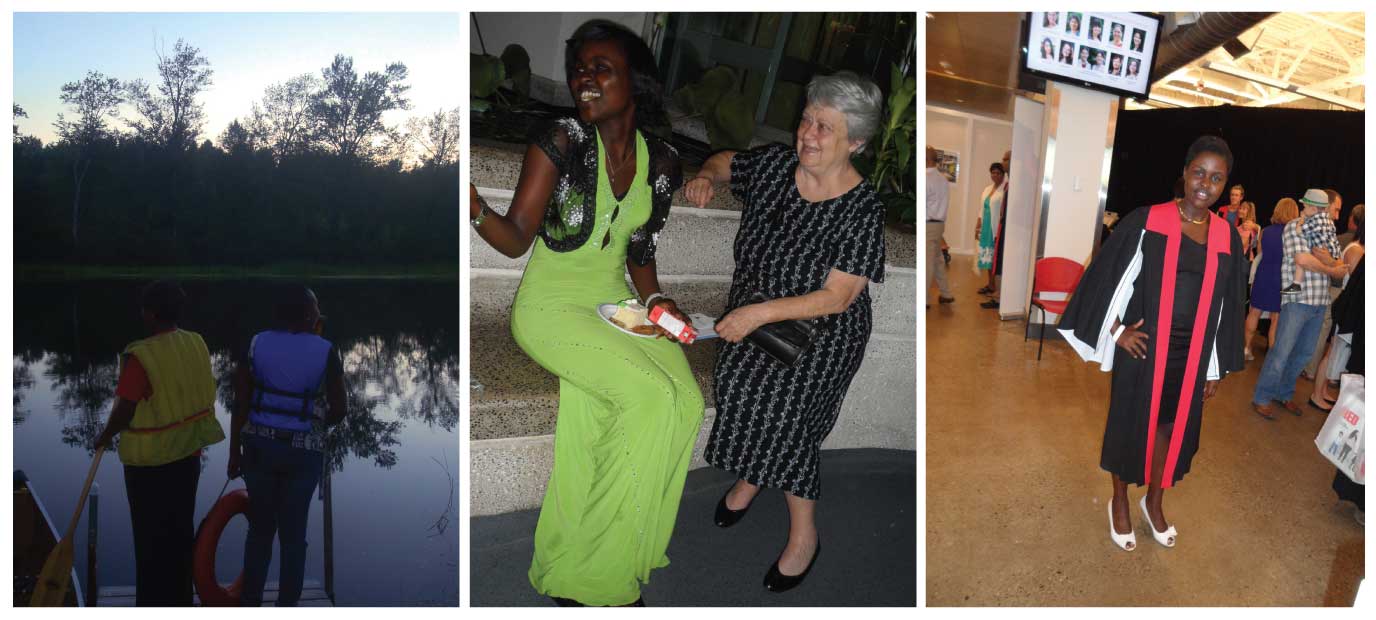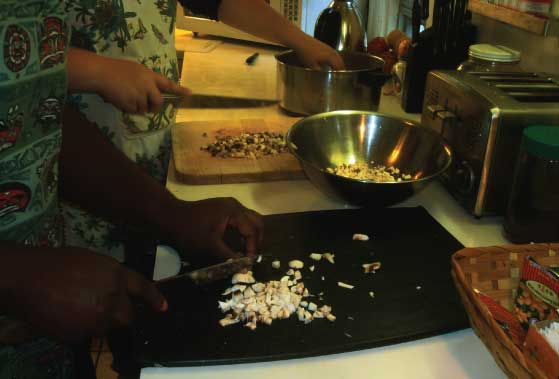This post was provided by Stephanie Claros and Tobi Cohen from Carty House as part of our refugee series, Leaving Home: A Series Exploring the International Refugee Crisis. The multi-part blog series features stories from those on the ground, as well as the response from charities and Canadians across the country.

The recent refugee crisis is hard to ignore. The shocking and heartbreaking stories of thousands of desperate refugees fleeing their homes in Syria have invaded our Facebook and Twitter newsfeeds, while local media reports recount the trials and tribulations of those who’ve landed right here in Ottawa. Poignant photos of barefoot children playing in refugee camps, overloaded boats packed with uneasy and desperate passengers, and even lucky survivors seen on the shores of Greece and Turkey are shared on a daily basis.
Unfortunately, these stories ignore the fact that the refugee crisis spreads far beyond Syria. Countless refugees from other parts of the world are fleeing a myriad of other untold hardships — civil upheaval, gender-based violence, domestic abuse and political persecution.
Most of these stories also fail to reveal another harsh reality — female refugees frequently face the biggest obstacles when crossing borders as they often have limited access to basic necessities during their travels, and they are often victimized further during their journeys, while living in refugee camps, and upon arrival in their host countries.
It is at Carty House where we understand those challenges, and provide female refugees coming to Ottawa with the help they need to start a new life.
Melina’s Story
Carty House was founded with this in mind more than 14 years ago and continues to provide a safe home, community support, and transitional services to refugee women arriving in Ottawa. While working with likeminded organizations to assist any female Syrian refugees in need of lodging, Carty House has welcomed more than 100 women from countries such as Nigeria, Democratic Republic of Congo, Burundi, Cameroon, Rwanda, Uganda, Iraq, Pakistan, Iran, Myanmar, Russia, Haiti, Ethiopia and Eritrea over the years.
Melina* is a good example. After escaping an abusive relationship in her native country with nothing more than a suitcase and some papers, it took tremendous courage for her to leave everything behind, including her children. Since then, Carty House helped her adjust to her new life in Canada and find promise of a better future. Her English has since improved, she landed a part-time job, completed a childcare course, and began building up her credentials as a volunteer daycare provider.
Having achieved a certain level of independence, Melina has since been able to leave Carty House, but like many former residents, she returns often to attend workshops, visit friends, and receive continued support navigating the family reunification process.
Our Mission
At Carty House, we have room to provide up to 10 female refugees a clean and comfortable place to live for up to 16 months, as well as language tutoring, educational training, employment assistance, counselling and help transitioning to permanent housing. We also offer residents transportation to Montreal for refugee hearings, support navigating the complicated immigration process, assistance in securing health services and opportunities to experience all Ottawa has to offer through museum visits, yoga, canal skates, and camping.
The women we support live communally within the house, sharing cooking, cleaning and other tasks. Upon arrival, we find many women tend to spend a lot of time in their rooms, but slowly begin to integrate into their new environments. Oftentimes the women living in Carty House become fast friends and eventually move out in pairs or groups in order to pay rent. Just recently, our residents participated in workshops on conflict resolution and tenant rights, and enjoyed a knitting circle and communal Easter dinner with past residents and volunteers. In this way, Carty House provides the women with a safe environment to make lasting connections with other women living through a similar transition.

Fortunately, the recent refugee crisis has helped to spark a renewed interest in refugee matters and made it easier to discuss the important issues that female refugees face. Through local events and annual campaigns, Carty House continues to empower refugee women and promote an environment of community living.
*Names have been changed
To learn more about Carty House, or to make a donation to help female refugees in Ottawa, please visit their charity profile page >>
Leave a Reply